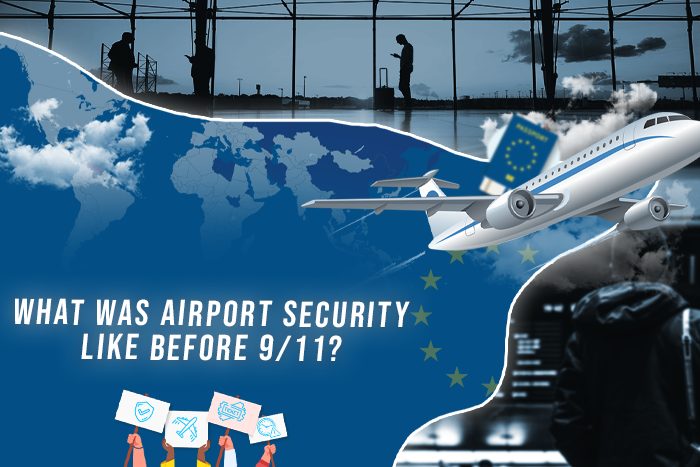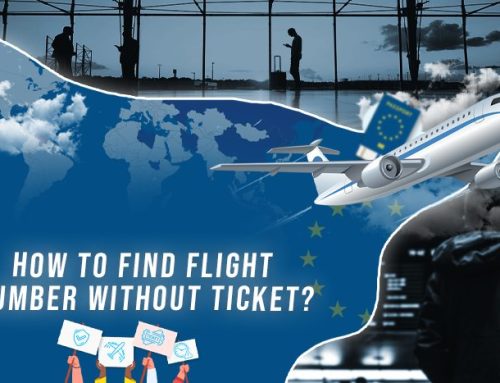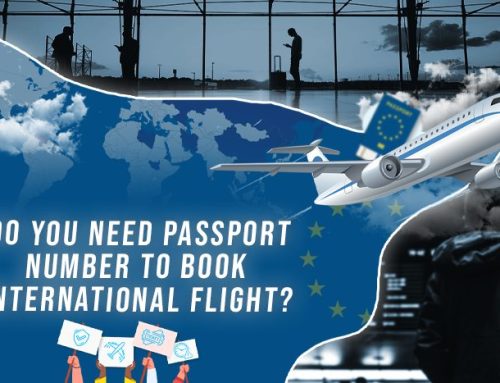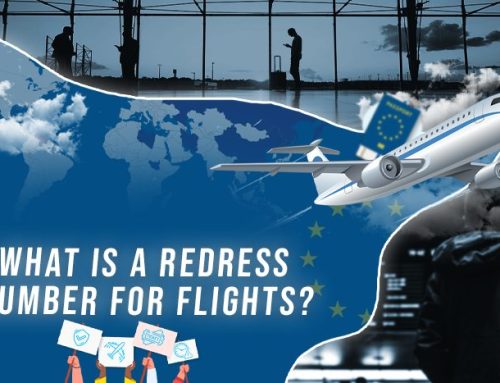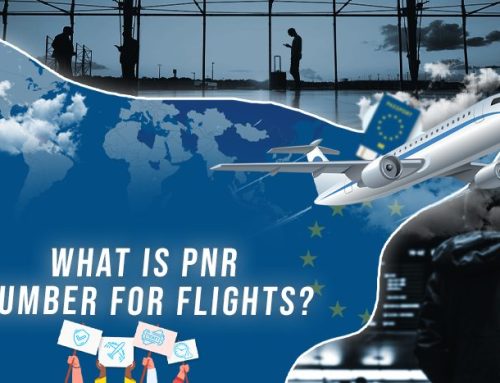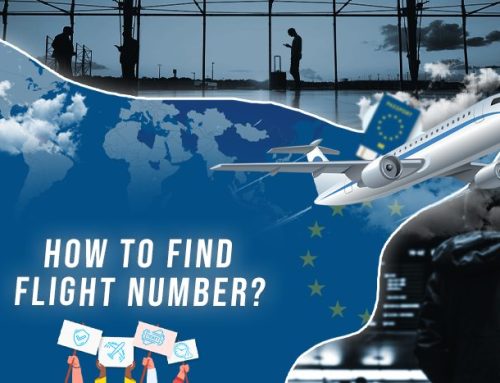Catching a flight today means a lot of stress. One has to reach the airport at least two to three hours before the flight, go through extensive security checks and baggage screening, wait in line at the immigration while the passports and visas are checked, and make sure no sharp objects, aerosol containers, and flammable material is on our person. On top of doing everything on time, another stress that weighs on our minds when heading to the airport is to pack with care so no items that seem suspiciously be found in our luggage.
While it may surprise the newer generation, airport security was not always this tight. You could reach the airport at the last minute and fly through the customs and cursory security checks. Even if the metal detector went off when you passed through it, at most, you were patted with an additional handheld device and were then cleared to go. But why did airport security change worldwide? How did one event have such a massive impact?
Key Takeaways
- Airport security was lax and minimal before the 9/11 terrorist attacks, allowing passengers to arrive at the airport just minutes before their flight and pass through security without much scrutiny.
- The 9/11 tragedy served as a wake-up call for America and the rest of the world to tighten airport security and implement strict regulations to deter terrorists and ensure the safety of passengers.
- Before 9/11, private agencies were responsible for airport security measures, and the standards were relatively flexible, which ultimately led to the mind-boggling breach of 9/11.
- The aftermath of 9/11 led to numerous strict regulations that we see today, including a long list of prohibited items, rules governing who can and cannot reach the gates, and the kind of ID that is acceptable.
- The tightened security measures at airports since 9/11 have deterred numerous terrorists and saved thousands of lives in the process.
9/11 And Airport Security
Everyone is familiar with 9/11. The dreadful day in 2001 when four commercial airlines were hijacked and crashed into the twin towers of the World Trade Centre, the Pentagon, and a field in Pennsylvania. The incident was made even more horrifying because approximately 3000 people lost their lives. The main reason why this happened was because of lax airport security that allowed the terrorists to pass through the gates with ease. Not only that, many of the 19 terrorists were flagged at various airports in the US. However, the rechecking process was quick, and the guards let them through.
These people went on to hijack four commercial jetliners and then crash them into the twin towers leading to widespread destruction and misery. Hundreds of people lost their lives; children lost their parents, their children, not to mention the loss of livelihood and financial damages. The event went down as one of the deadliest terrorist activities to take place on US soil, but the aftermath of the tragedy is still evident.
When numerous fingers were pointed at the lax airport security and how it allowed several terrorists to pass through without any impediment, the United States and the rest of the world were forced to upgrade the safety measures for air travel. Previously, airport security was the responsibility of private agencies, the tender usually going to the lowest bidder. After 9/11, the government became actively involved in making the security systems fool-proof and implementing numerous strict regulations that we see today.
Security Measures At Airports Before 9/11
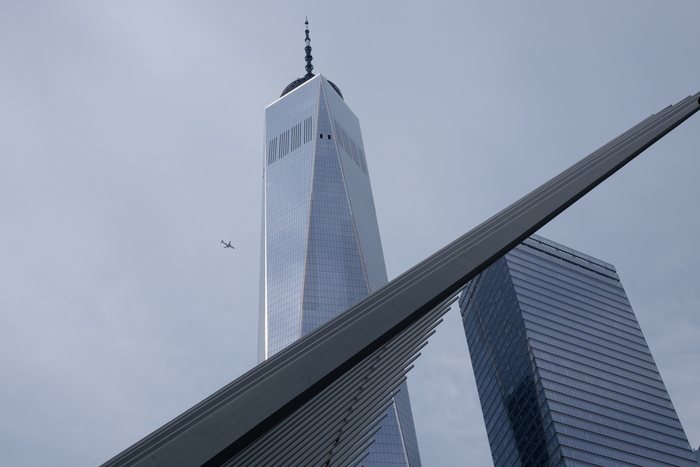
Before the horrifying ordeal of 9/11, airport security had been designed to blend into the background. It was not a noticeable entity, and it allowed the passengers to board their flights, domestic and international, with ease. People without boarding passes and family members of passengers were allowed to pass through the gates. You could arrive 20 minutes before the flight and reach the departures with five minutes to spare.
Private agencies responsible for ensuring the safety of the passengers were held to relatively flexible standards, which ultimately led to the mind-boggling breach of 9/11. Baggage screening was simple, and there was not much that was prohibited. You could have anything from small knives, drinks, screwdrivers, scissors to flammable aerosol containers, and no one would bat an eye. You could even walk up to the gates without a photographic ID or a boarding pass, no questions asked.
This relaxed manner was exploited by the terrorist who hijacked four different airlines and crashed them into various locations across the US, forever changing how airports would be operated from then on. The massive loss of life and livelihoods served as a wake-up call for America and the rest of the world to tighten their security and introduce measures to reduce the likelihood of such events in the future. Now, airports have a long list of things that are not acceptable in your carry-on, rules governing who can and cannot reach the gates, and the kind of ID that is acceptable, not to mention the metal detectors and random security checks that you could be selected for. These measures have deterred numerous terrorists and saved thousands of lives in the process.
Frequently Asked Questions
-
How tight was airport security before the 9/11 attacks?
Airport security before the 9/11 attacks was relatively lax and minimal, allowing passengers to arrive at the airport just minutes before their flight and pass through security without much scrutiny.
-
What was the reason behind the 9/11 attacks?
The 9/11 attacks were carried out by terrorists who hijacked four airlines and crashed them into various locations across the US. The main reason for the attacks was lax airport security that allowed the terrorists to pass through the gates with ease.
-
What measures were implemented after 9/11 to tighten airport security?
After 9/11, the government became actively involved in making the security systems fool-proof and implementing numerous strict regulations that we see today. These include a long list of prohibited items, rules governing who can and cannot reach the gates, and the kind of acceptable ID, not to mention the metal detectors and random security checks.
-
Who was responsible for airport security before 9/11?
Private agencies were responsible for airport security measures before 9/11, and the standards were relatively flexible, ultimately leading to the mind-boggling breach of 9/11.
-
How have the tightened security measures at airports since 9/11 impacted air travel?
The tightened security measures at airports since 9/11 have deterred numerous terrorists and saved thousands of lives. However, they have also added to passengers’ stress and inconvenience of air travel.
